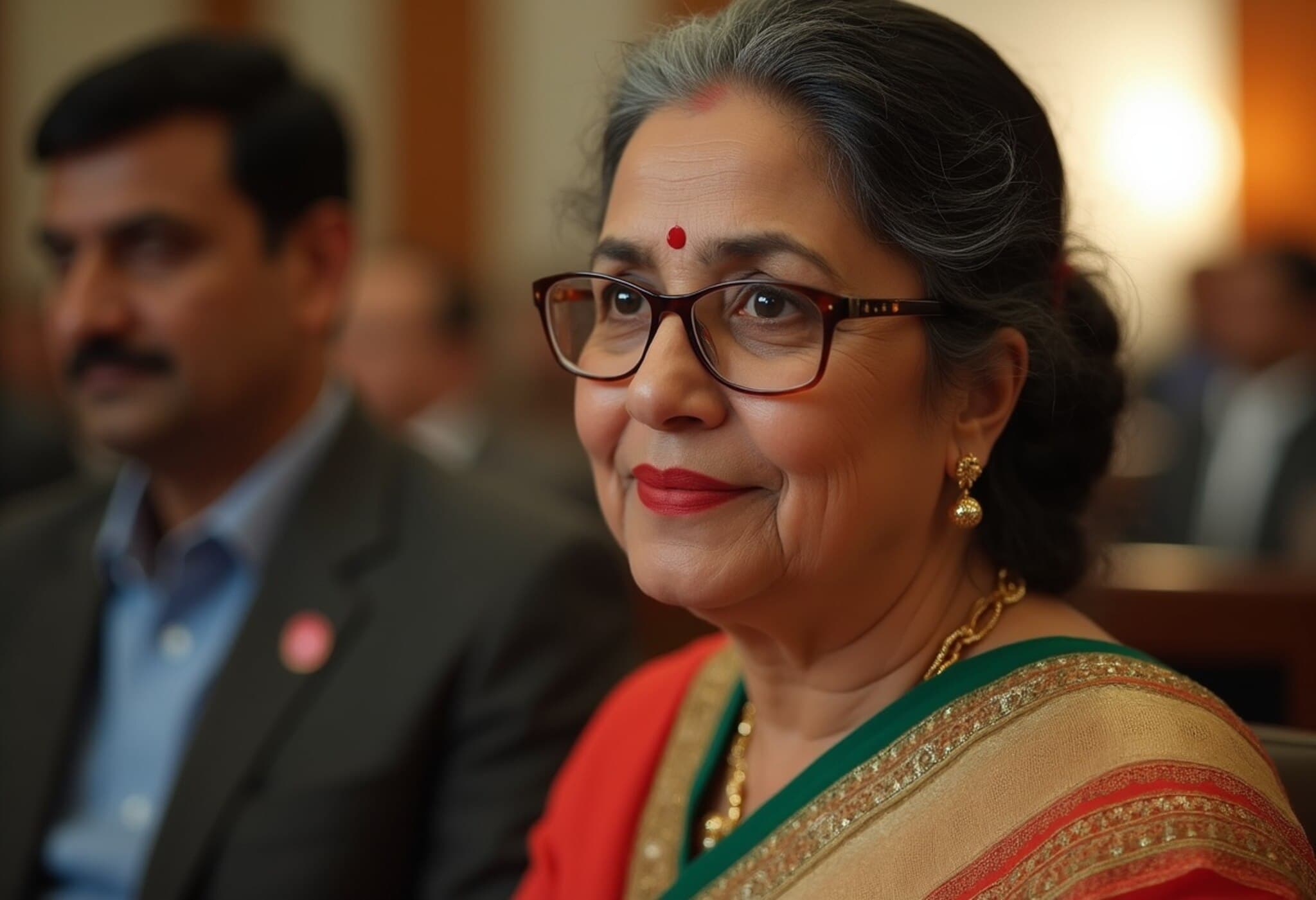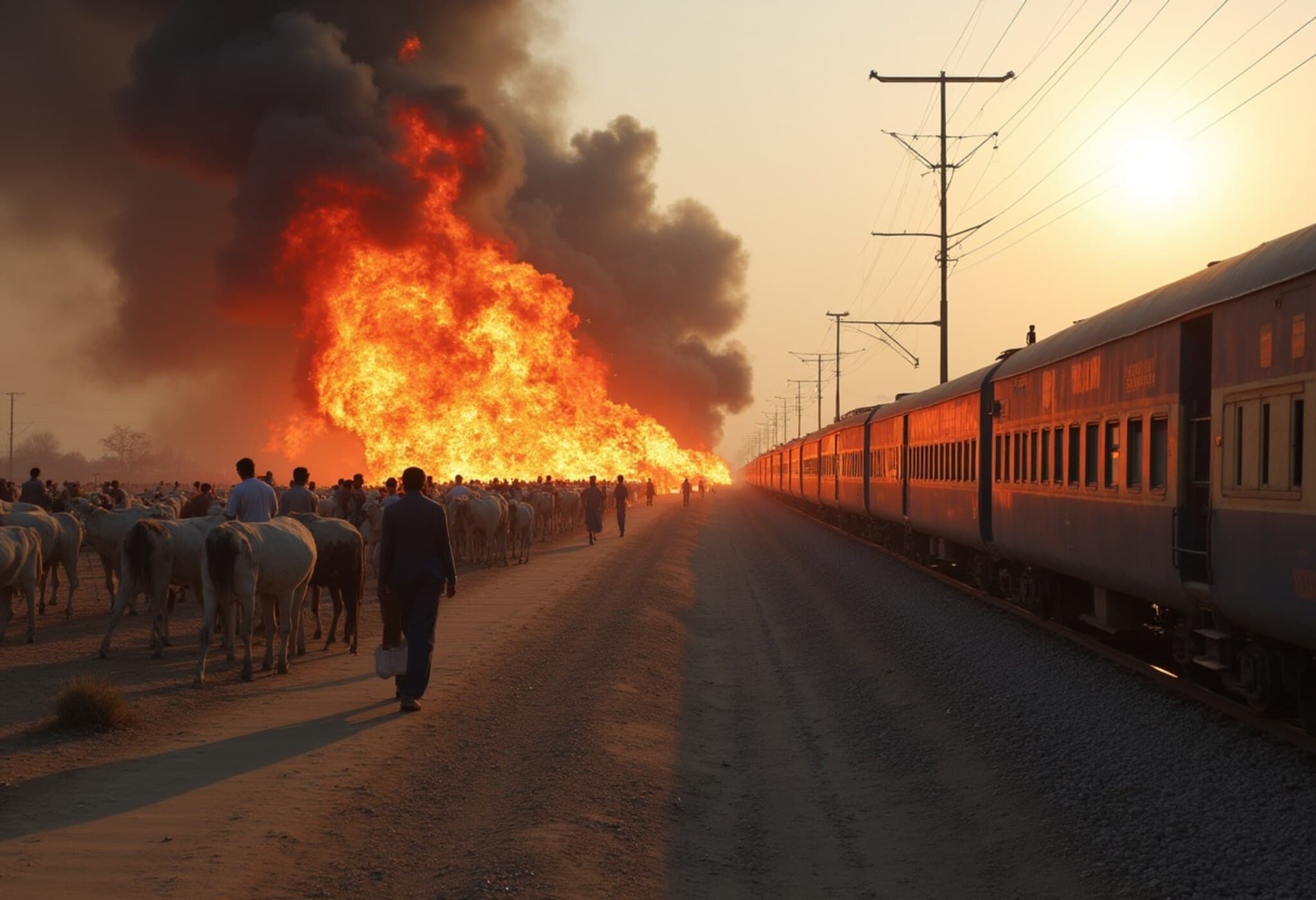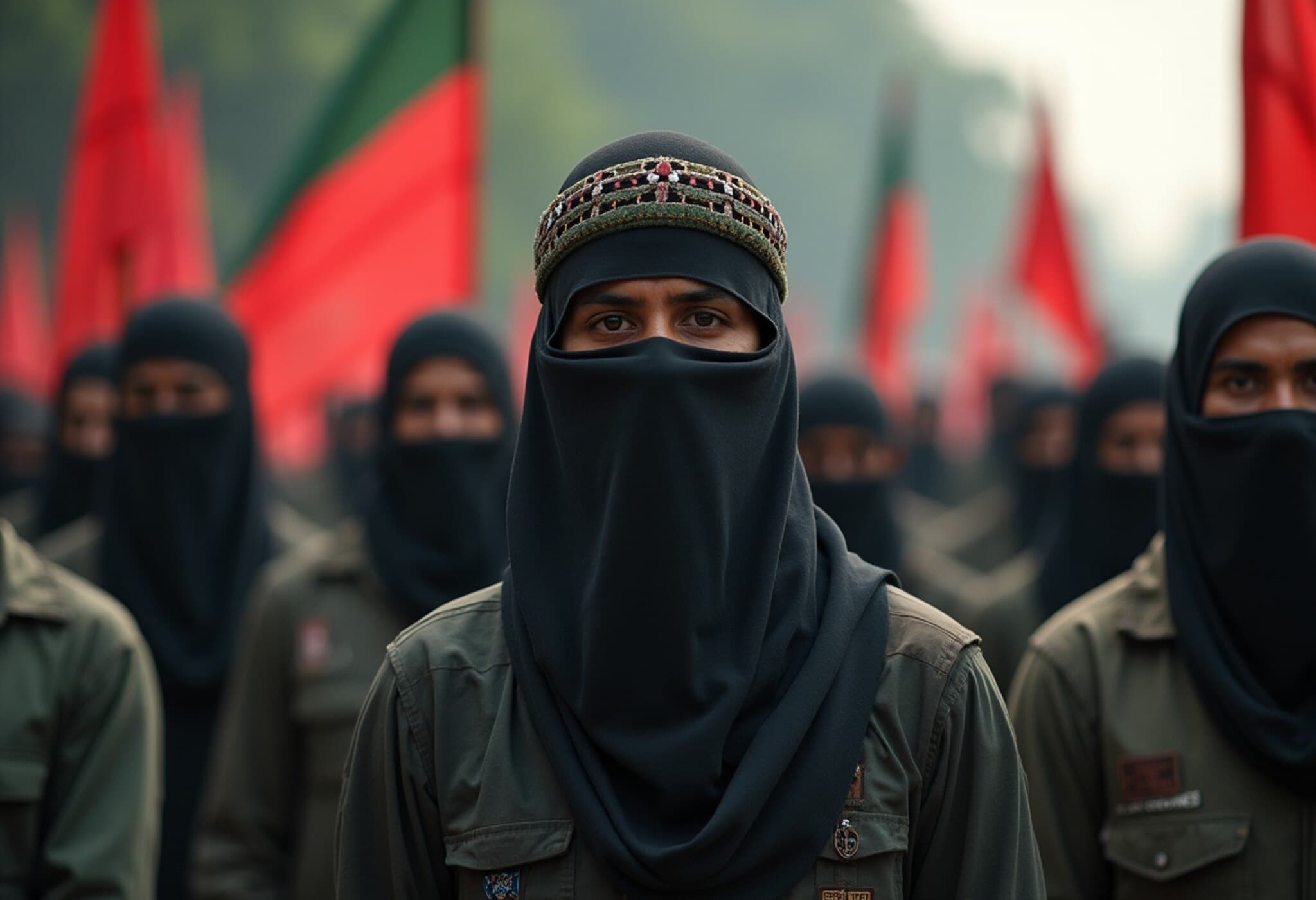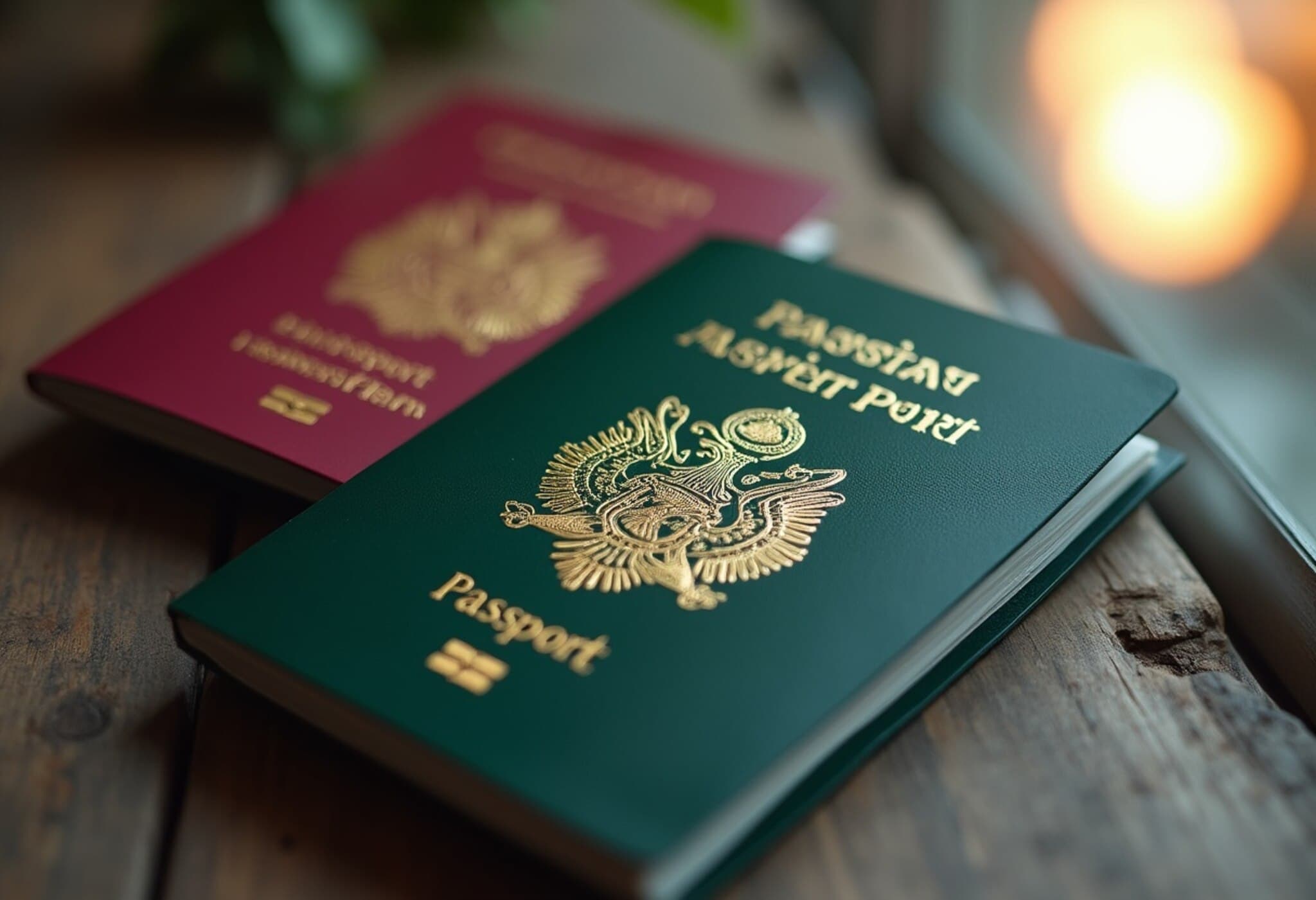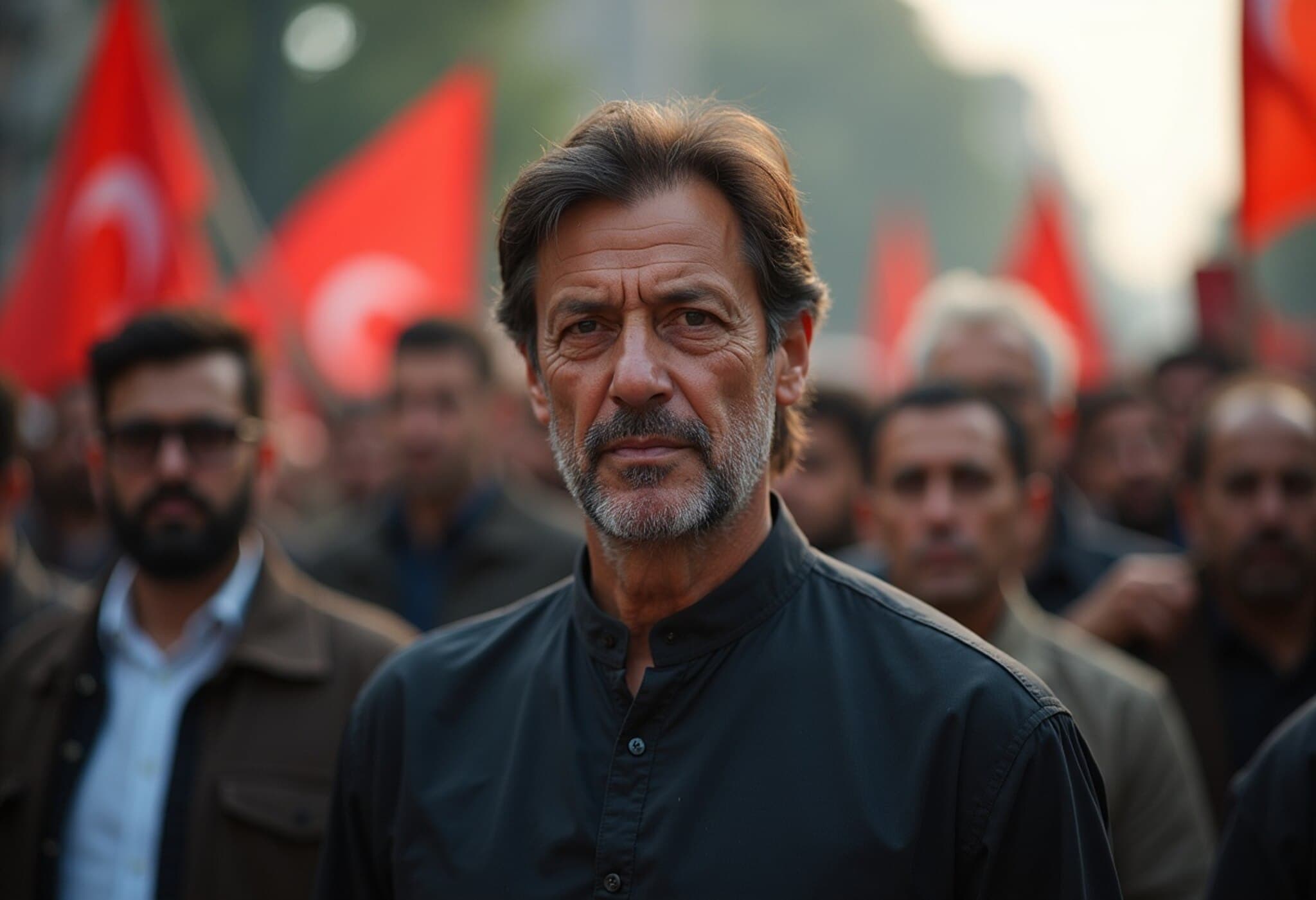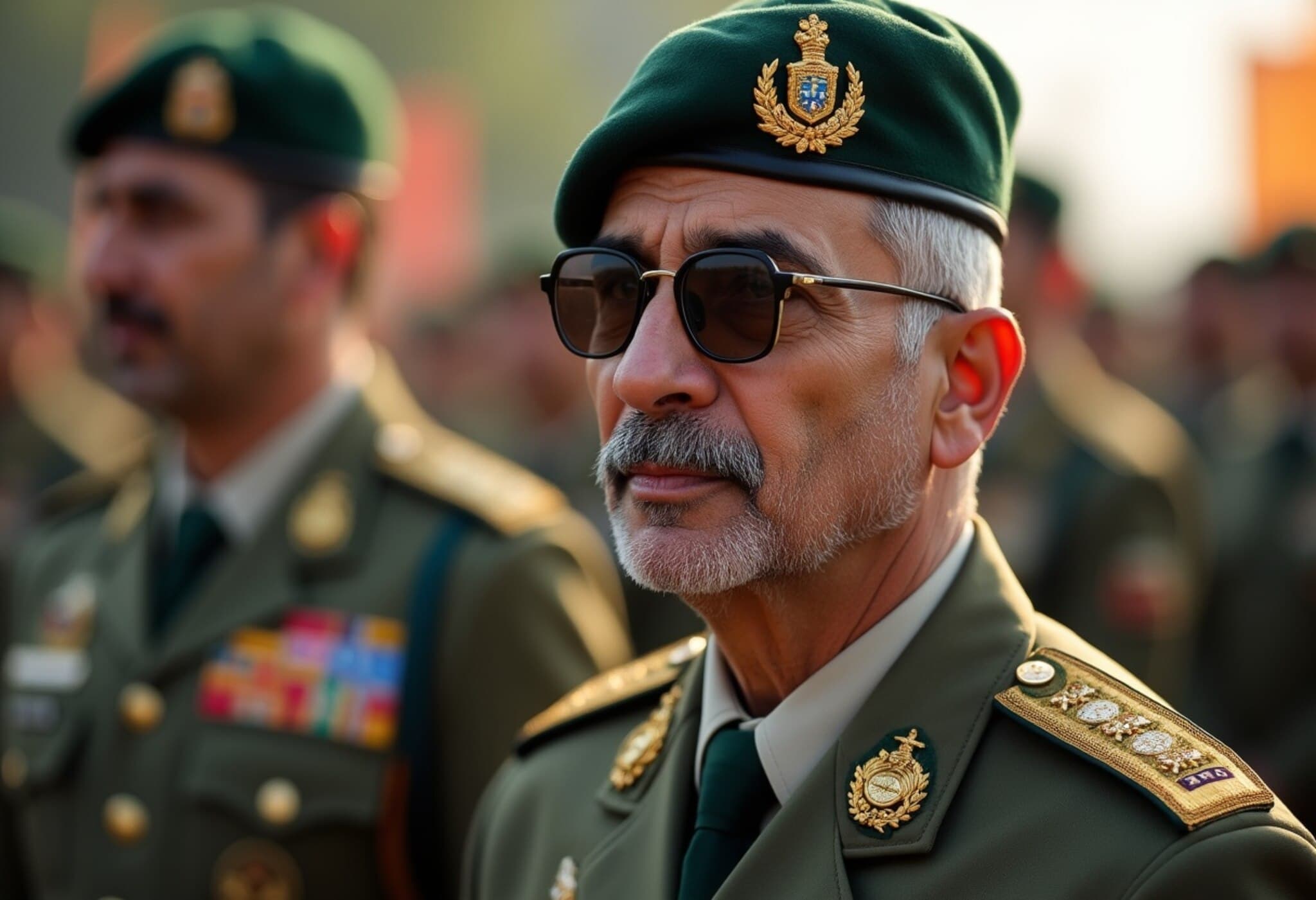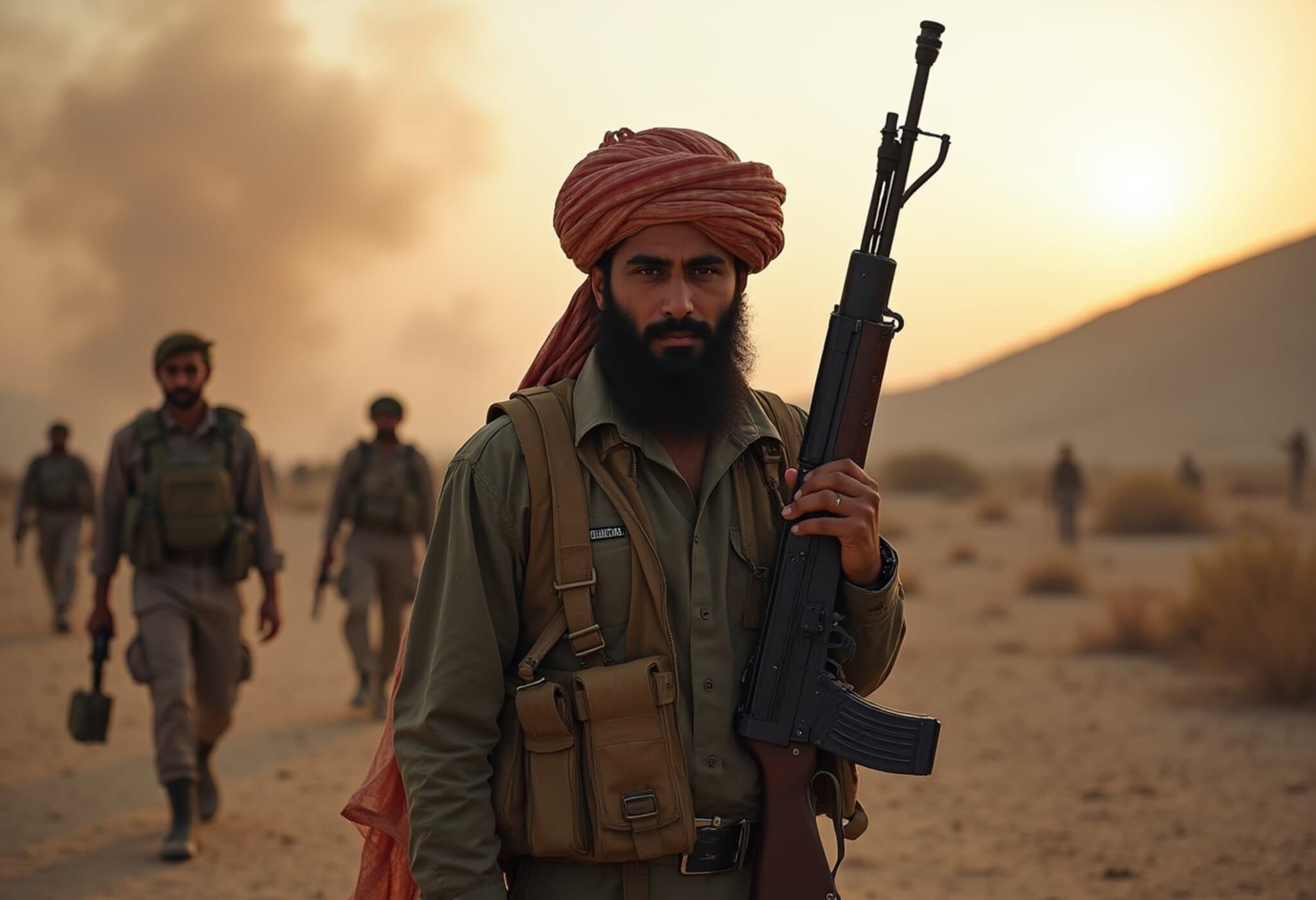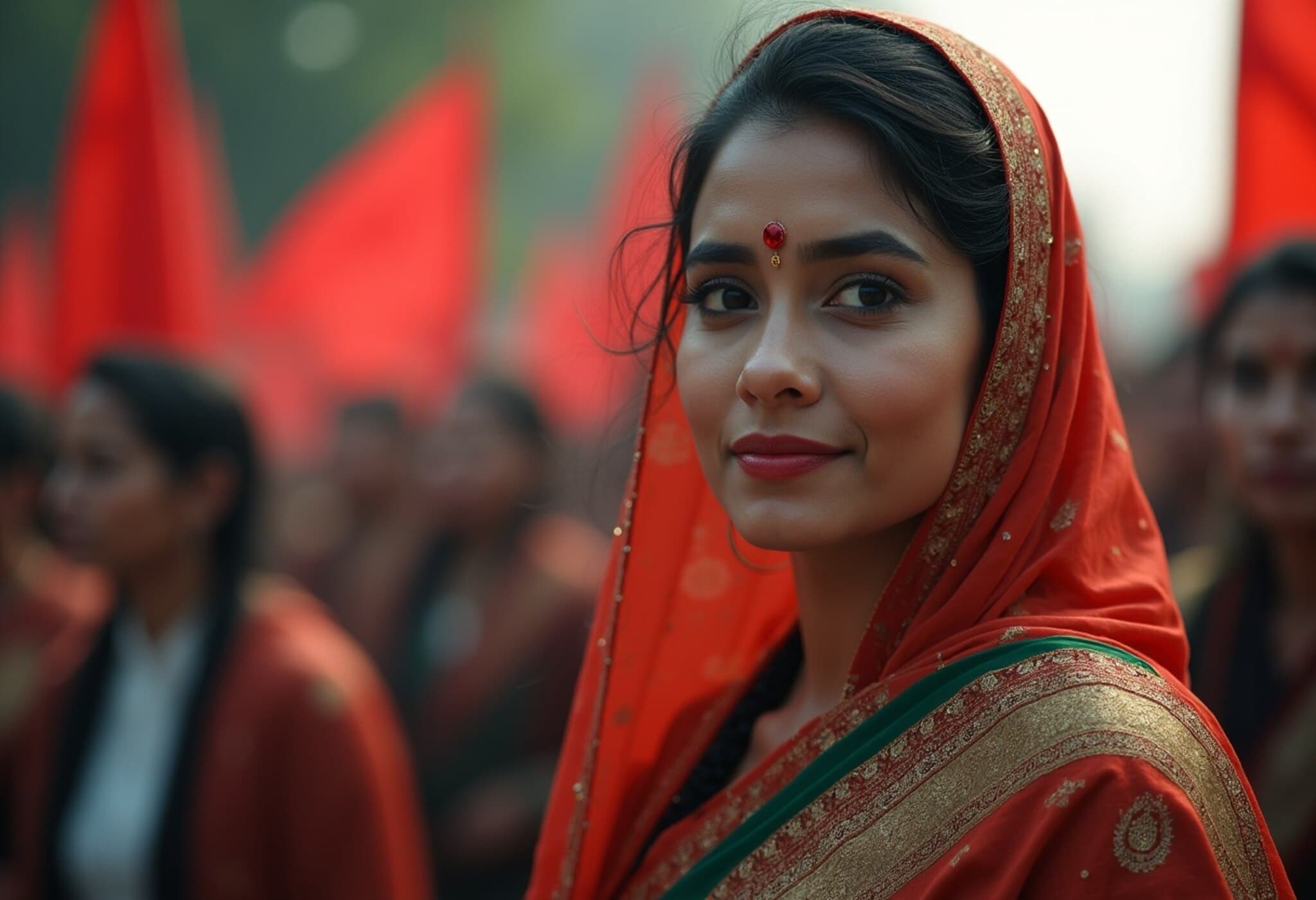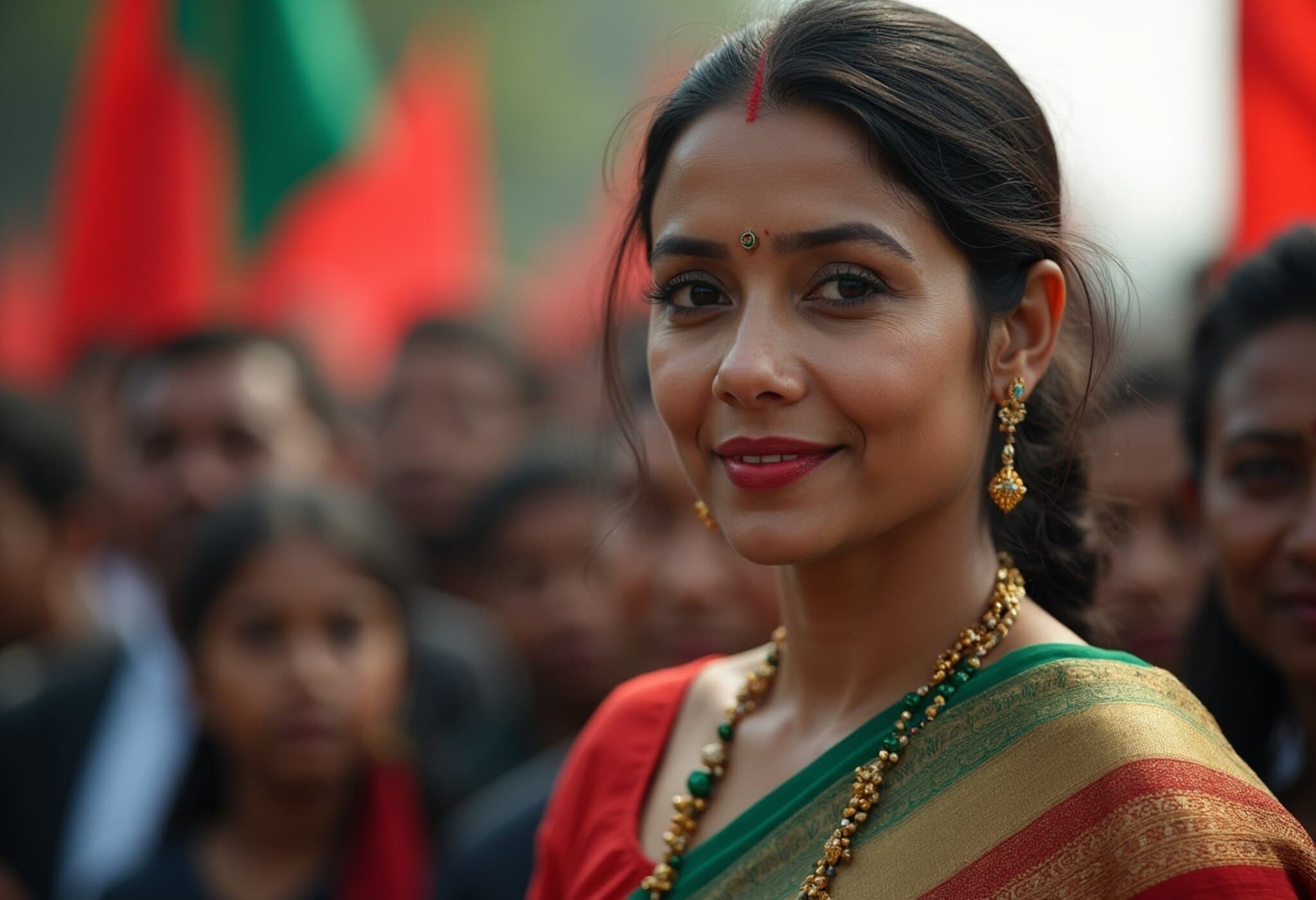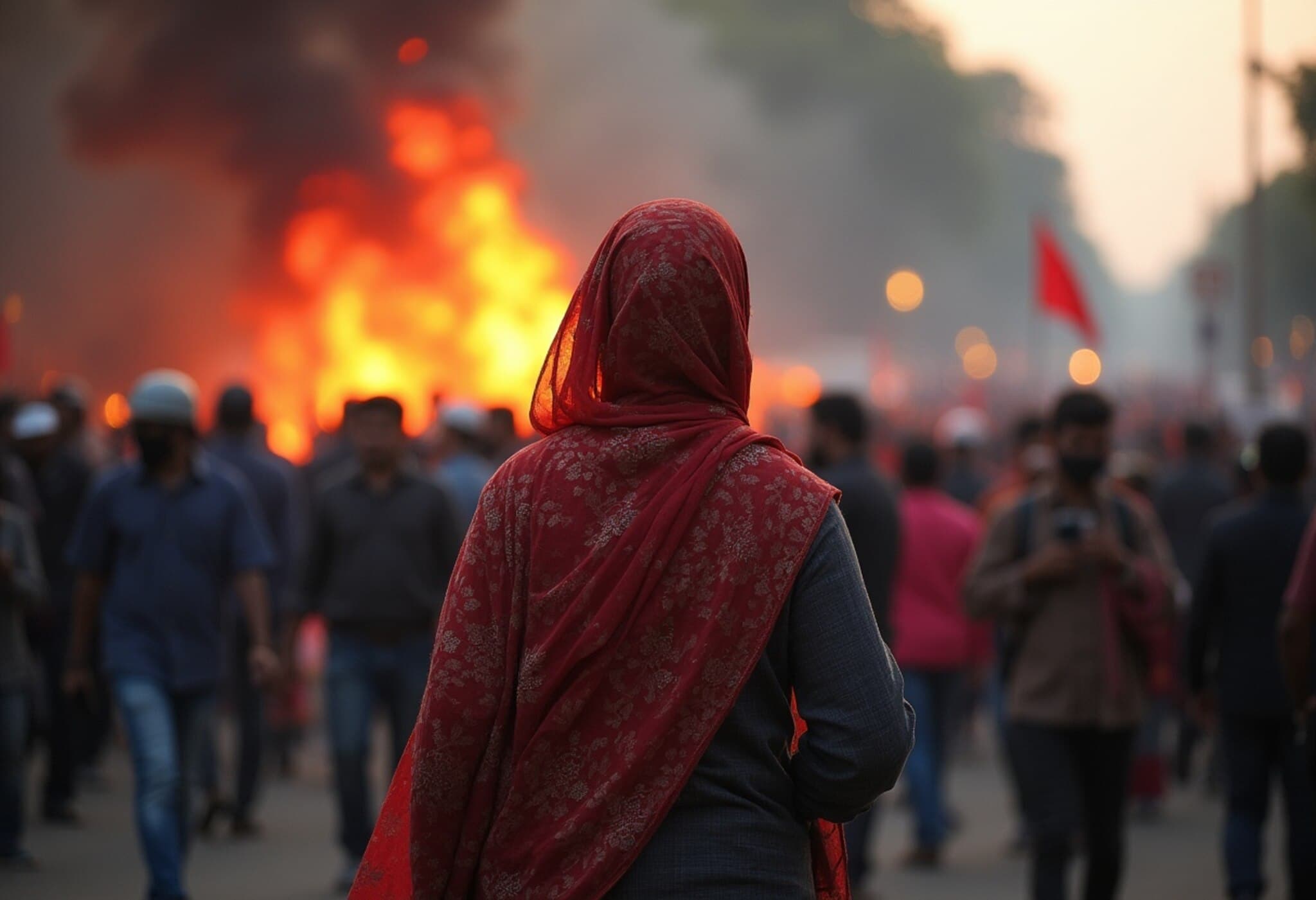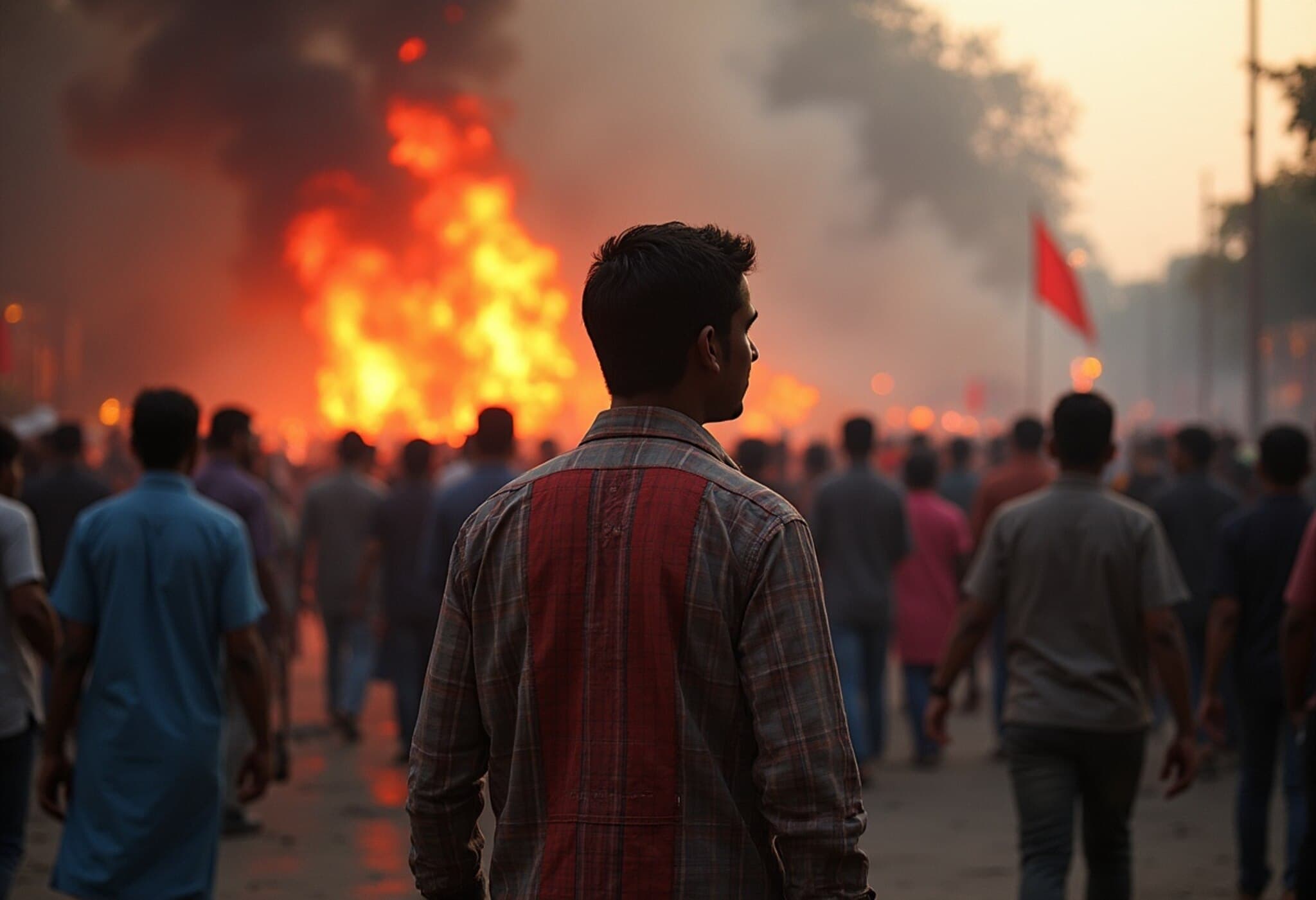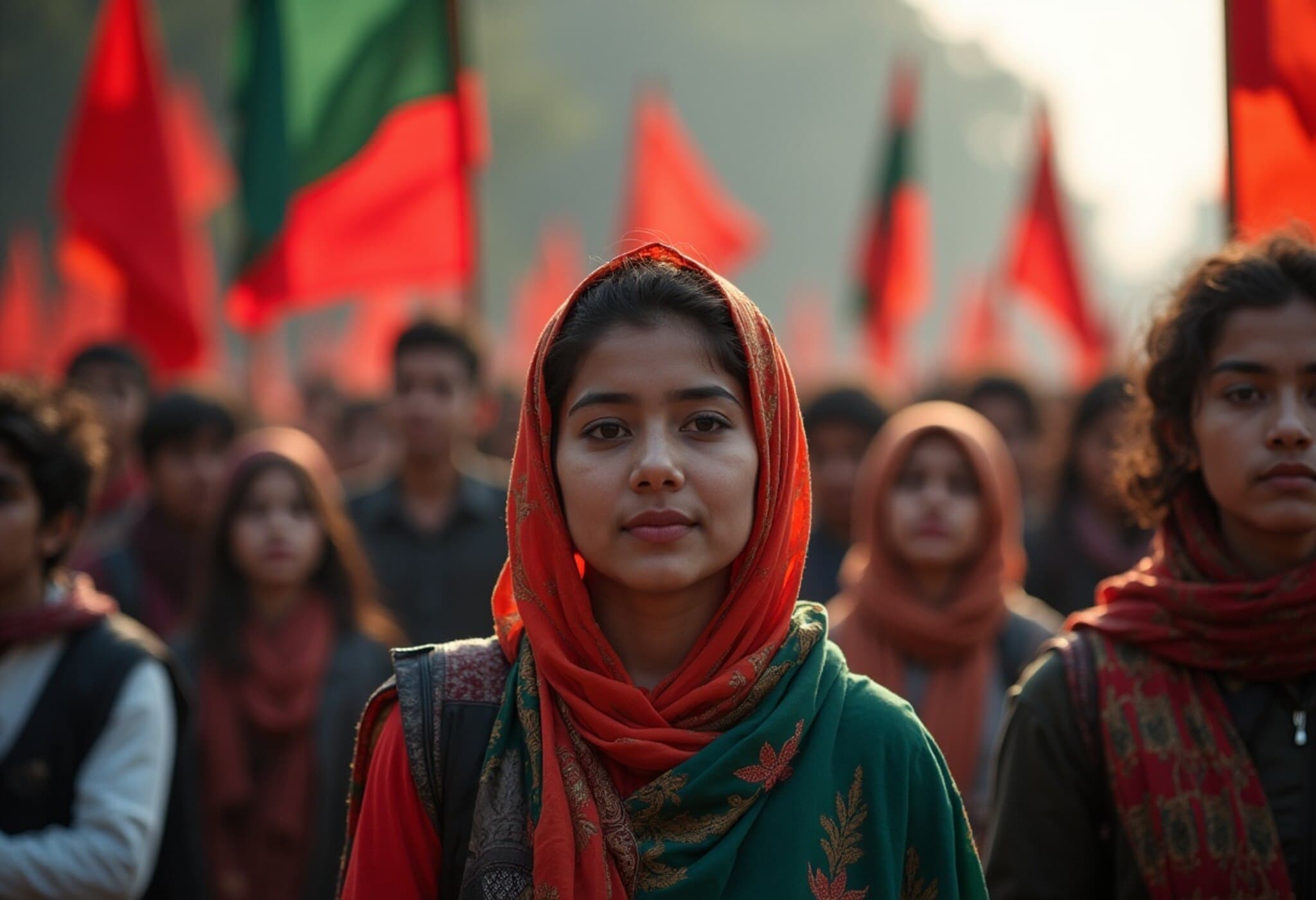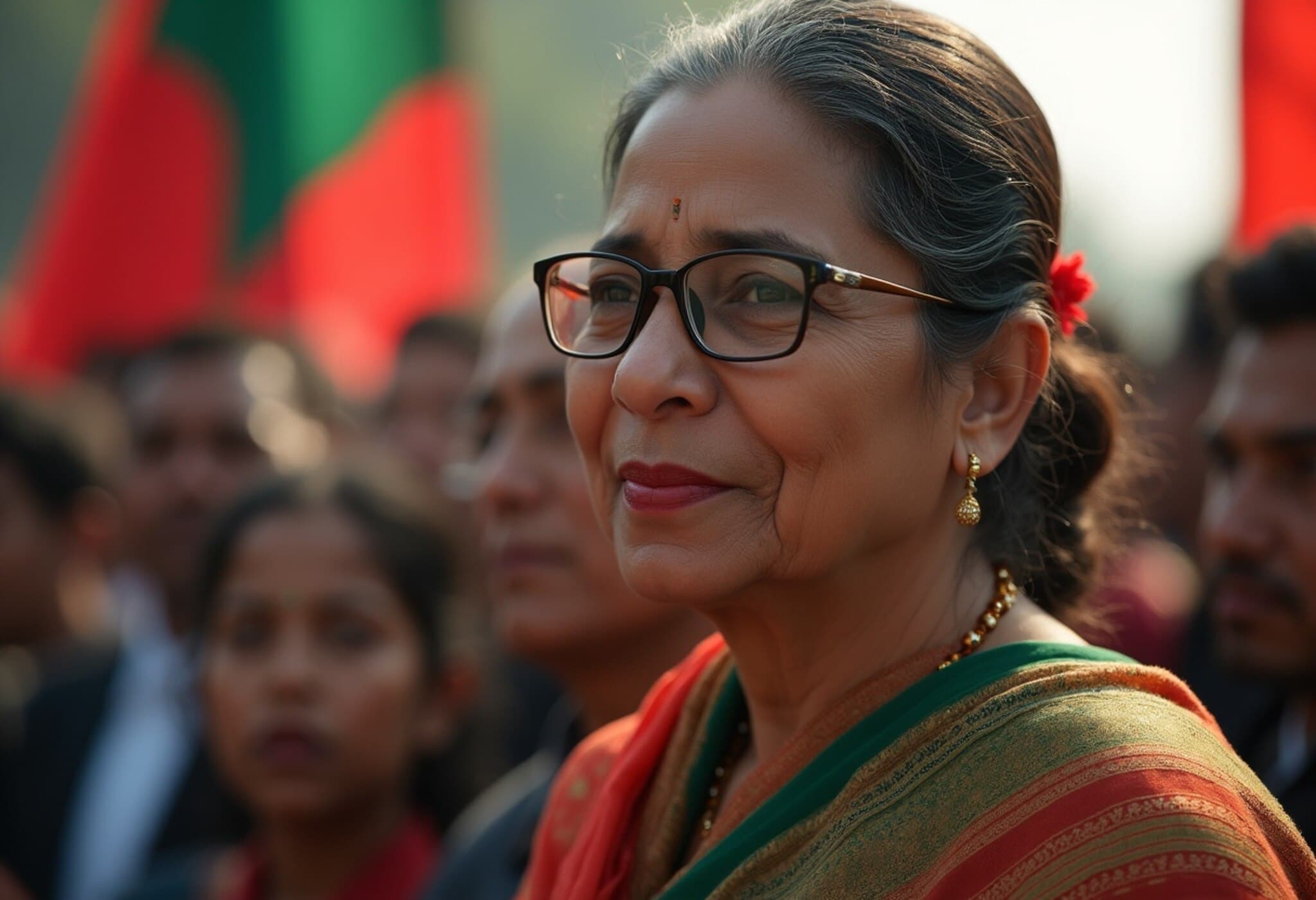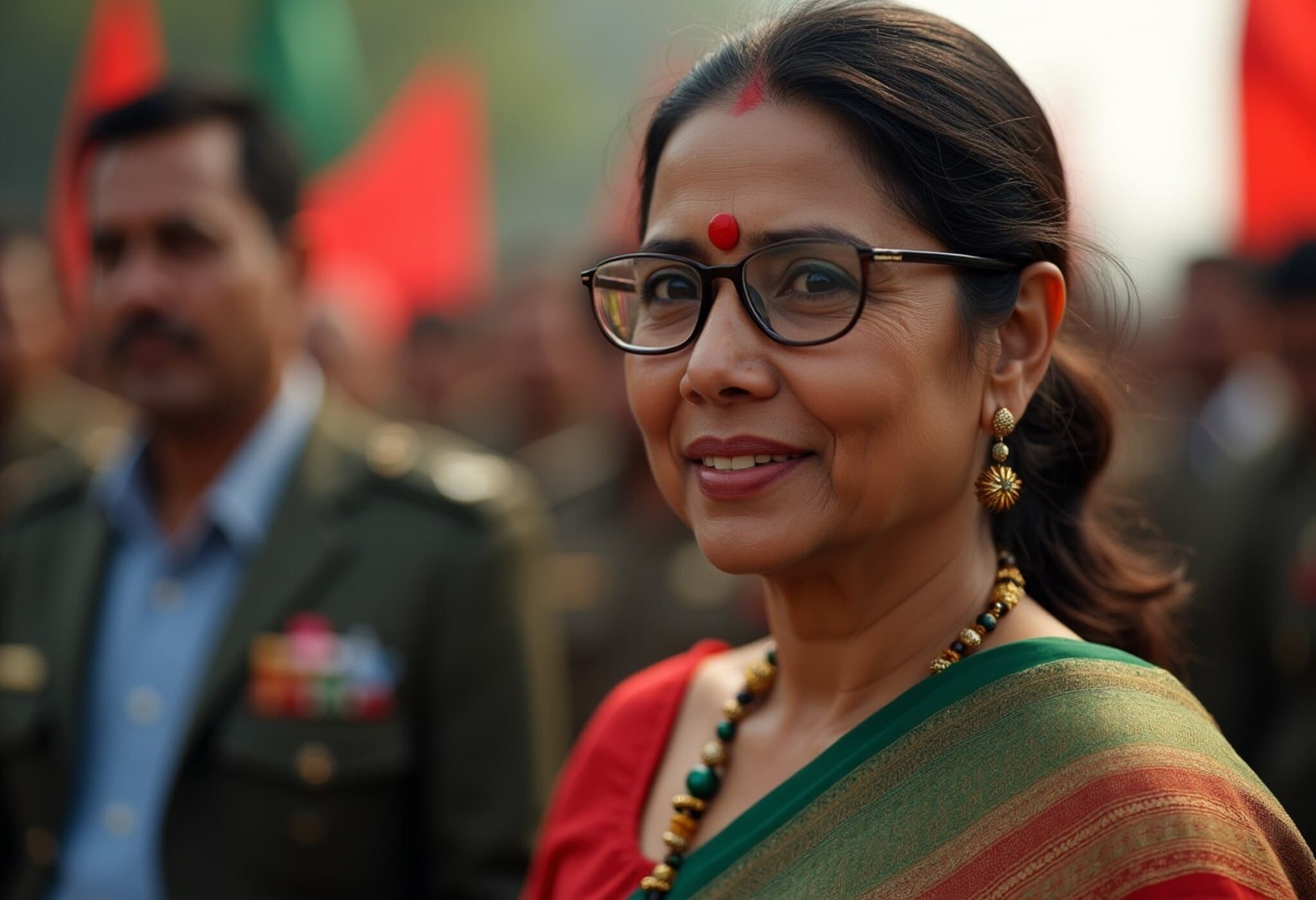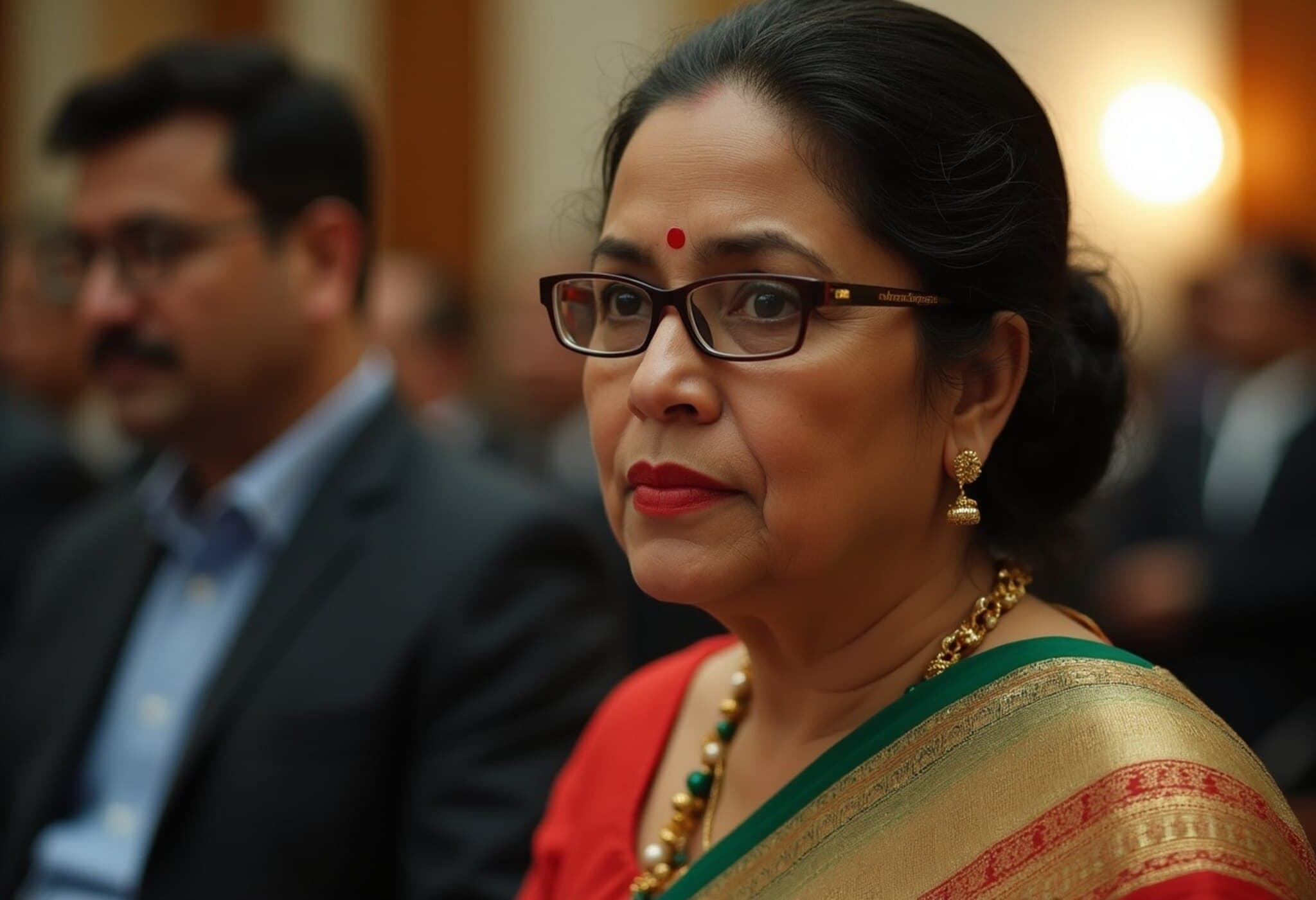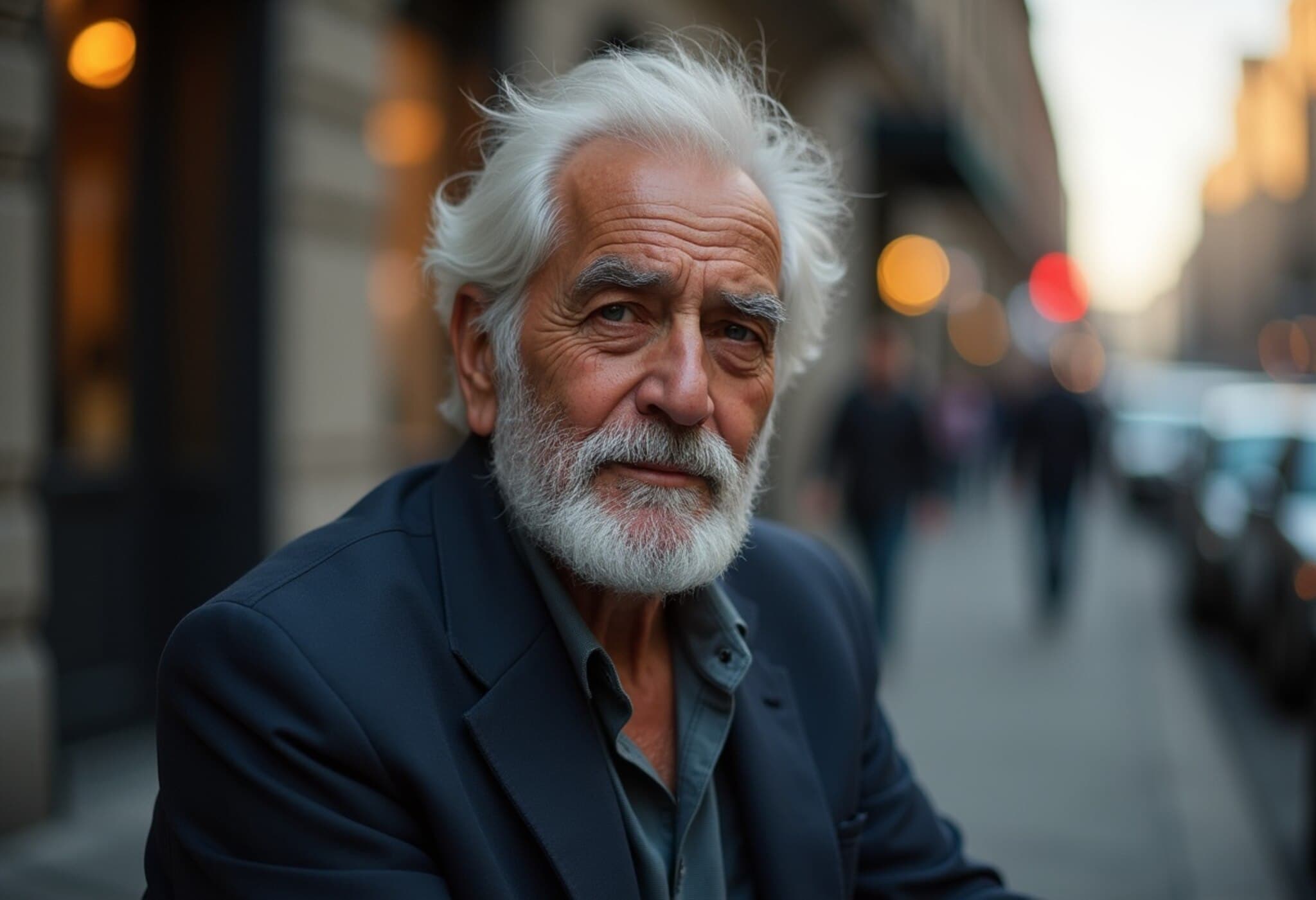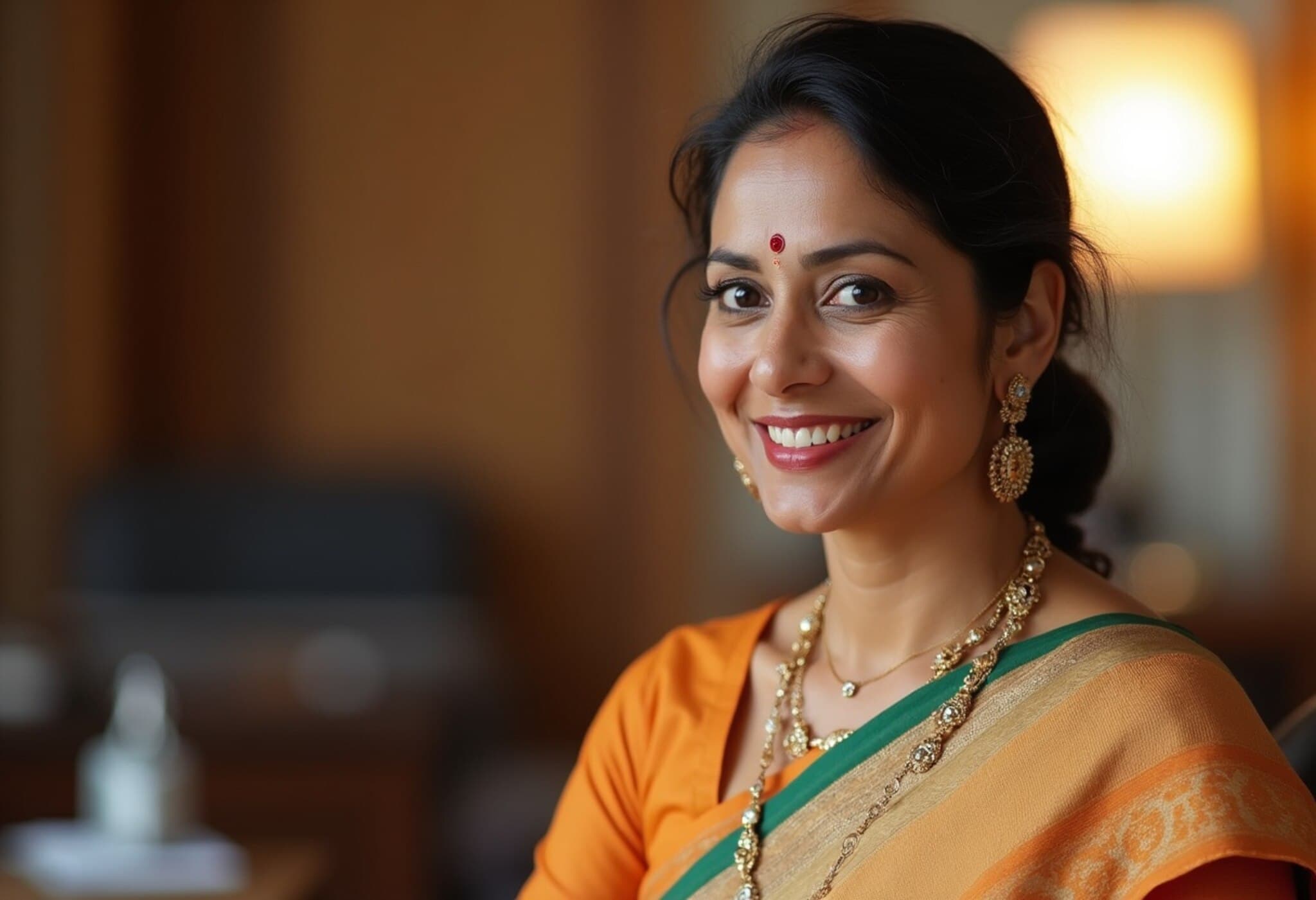Sheikh Hasina Denounces Bangladesh’s Unelected Regime on First Anniversary of Her Ouster
One year after her dramatic fall from power, former Bangladesh Prime Minister Sheikh Hasina issued a powerful statement condemning the current regime as "unelected" and unconstitutional. Marking the anniversary of her government’s collapse, Hasina called on Bangladeshis to persist in their fight for justice, economic opportunity, and peace, cautioning that the nation’s democratic spirit remains alive, despite recent setbacks.
A Dark Chapter in Bangladesh’s Political History
Reflecting on the events that transpired exactly a year ago, Hasina described the upheaval as a “dark moment” for Bangladesh, where an unelected regime seized control through unconstitutional methods. Her defiant message stressed that although power was forcibly taken, it could never extinguish the collective will or spirit of the people.
Sheikh Hasina stated: "One year ago today, our nation witnessed the violent interruption of our hard-fought democracy, as an unelected regime seized power through unconstitutional means. It was an affront to the will of the people and a betrayal of the trust between citizens and the state. But they will never take away our spirit or our resolve."
Power Rightfully Belongs to the People
She emphasized the fundamental truth that power belongs to the people, not to those who capture it by force, underscoring that no government can permanently suppress the nation’s collective aspirations. Hasina urged unity to reclaim democratic institutions and restore hope, development, and freedom, especially in a nation still grappling with political instability.
Context: The Tumultuous Events Leading to Hasina’s Fall
The political turmoil traces back to mid-2024, when widespread student protests erupted demanding reforms to Bangladesh’s job quota system—a policy reserving public sector jobs for children of 1971 independence war veterans. What began as peaceful demonstrations quickly escalated into violent clashes between protesters and government supporters, drawing international attention to the simmering unrest.
Key Dates in the Crisis Timeline
- July 1, 2024: University students block roads and railway lines, protesting the quota system’s perceived unfairness and calling for reform.
- July 16, 2024: Violence intensifies; confrontations lead to six fatalities amid brick-throwing and physical altercations.
- July 18, 2024: Demonstrators set fire to state broadcaster Bangladesh Television and several government buildings, chanting “down with the dictator.” By this point, over 30 people had died, with many more injured.
- July 21, 2024: Bangladesh’s Supreme Court declares the reinstated quota policy illegal; protests continue due to demands for full abolition of reserved jobs.
- August 5, 2024: Hasina flees to India after protesters storm her residence, as thousands celebrate her ouster.
The Aftermath and Current Implications
Following Hasina’s departure, the military stepped in to install an interim government. Nobel Peace Prize laureate Yunus leads this new regime, which Hasina describes as illegitimate. Bangladesh, once known for impressive economic growth and social development, now faces ongoing challenges balancing political stability with democratic governance.
Concurrently, Hasina faces legal proceedings at the International Crimes Tribunal in Dhaka, charged with alleged crimes against humanity related to the government’s suppression of protests in 2024. These trials have stirred debates over justice and political accountability within and beyond Bangladesh.
Expert Commentary: Navigating Bangladesh's Path Forward
Political analysts suggest that Bangladesh’s crisis reflects deeper issues in governance, youth disenfranchisement, and institutional trust. The protests echoed a generational demand for social equity and transparency, while the subsequent military intervention highlights vulnerability in civilian political structures.
Experts emphasize the urgent need for inclusive dialogue and electoral reforms to restore democratic legitimacy and social cohesion. As Hasina appeals for continued resistance against what she terms "oppression," the international community watches closely, given Bangladesh’s strategic role in South Asia’s economic and geopolitical landscape.
What Lies Ahead?
As the anniversary of this upheaval passes, Bangladeshis face critical choices: whether to embrace a reconciliatory, democratic future or risk further polarization. Sheikh Hasina’s call to rebuild and reclaim resonates as both a challenge and an opportunity for citizens, policymakers, and global partners committed to sustainable peace.
Editor’s Note
This anniversary is more than a remembrance; it prompts vital questions about democracy’s resilience in the face of forceful regime changes. How can Bangladesh balance stability with freedom? What role should the international community play in supporting democratic processes? Sheikh Hasina’s narrative illuminates the ongoing struggle between authoritarian impulses and people’s rights—a dynamic with profound implications not just for Bangladesh, but for emerging democracies worldwide.

